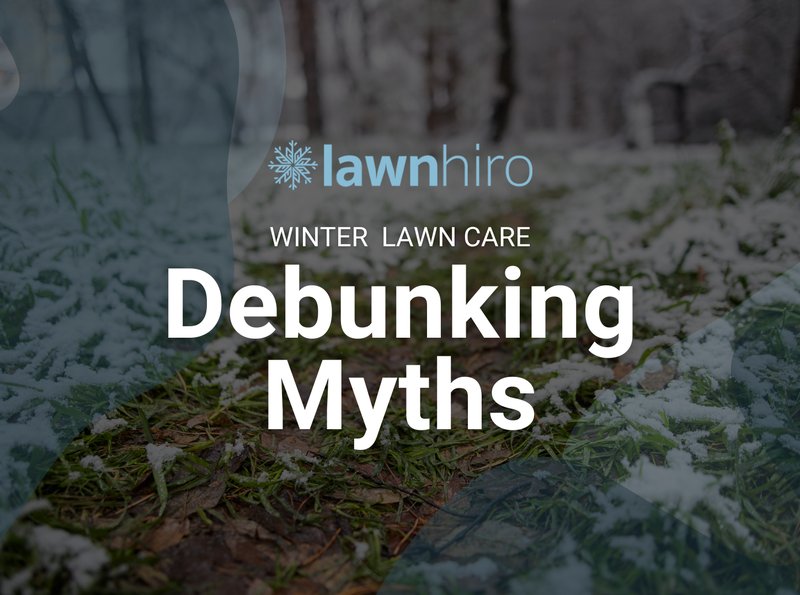
Imagine your lawn as a grand concert hall. Now, if the soil is compacted and devoid of nutrients, it’s like trying to host an orchestra in a cramped room with awful acoustics. That’s where earthworms come in—they help create the perfect environment for your grass to thrive! In this article, we’ll explore the incredible benefits of having earthworms in your lawn and debunk some common myths surrounding these creatures.
Understanding Earthworms and Their Role
Earthworms are fascinating little beings that can be found in almost any soil type. They’re not just any worms; they belong to a variety of species, with the most common in lawns being the common earthworm (Lumbricus terrestris). These worms are like miniature composters, munching on dead leaves and organic waste, transforming them into nutrient-rich castings.
But what really sets them apart is their burrowing habits. When earthworms dig tunnels through the soil, it’s like they’re creating highways for air and water to flow freely. This helps prevent waterlogging and improves drainage. You might be wondering, “How does this all benefit my lawn?” Well, better drainage means healthier grass!
The Nutrient Powerhouse
One of the biggest benefits of having earthworms in your lawn is their ability to enhance soil fertility. When they eat decomposing organic material, they produce castings, which are basically worm poop. And believe it or not, this “poop” is packed with nutrients like nitrogen, phosphorus, and potassium.
These nutrients are essential for your lawn’s health. They help your grass grow thicker and greener while making it more resilient against pests and diseases. It’s like giving your lawn a natural fertilizer without any harsh chemicals. Honestly, who wouldn’t want that?
Natural Aerators of the Soil
Another incredible benefit of earthworms is their natural aeration of the soil. If you’ve ever walked on a lawn that feels soft and springy, you can thank these little worms. Their burrowing action creates tiny spaces in the soil, allowing air to circulate more effectively.
This aeration not only promotes healthy root growth but also enhances the movement of water and nutrients. Think of it like a sponge—when you squeeze a sponge, it releases water, and when it expands, it soaks up water. Similar to that sponge, the soil can absorb and retain moisture better thanks to earthworm activity.
Promoting Microbial Life
Earthworms also contribute to the microbial community in your lawn. As they break down organic matter and excrete nutrient-rich castings, they provide an environment that encourages beneficial microbes to thrive. These microbes play a crucial role in decomposing organic material, further enriching the soil.
More microbial life means your lawn can maintain a balanced ecosystem, which helps fend off diseases and pests. It’s like having a whole team of tiny warriors protecting your grass from harm. Plus, a healthy microbial community can help your lawn recover faster from stressors, whether it’s drought or foot traffic.
Common Myths About Earthworms
Let’s take a moment to clear up some misunderstandings about earthworms. One common myth is that all earthworms are beneficial. While it’s true that many help your lawn, some species can actually be harmful, especially in lawns that are not suited for their specific needs. These worms can alter soil chemistry and disrupt existing ecosystems.
Another myth is that adding earthworms to your lawn is enough. While they do offer great benefits, it’s important to consider a holistic lawn care approach. You still need to water properly, mow regularly, and ensure your soil has the right pH and nutrients. Earthworms are just one part of a larger puzzle!
Are Earthworms Always Good for Your Lawn?
It’s easy to assume that having earthworms is always a good thing, but this isn’t always the case. For instance, in warmer climates, certain non-native earthworm species can disrupt local ecosystems by outcompeting native species. This can lead to a decline in local plant and animal diversity, which might have unintended consequences for your lawn’s health.
So, is it bad to have these worms? Not necessarily, but it’s important to know the species living in your soil. If you’re unsure, a local gardening expert or soil testing can help identify what’s best for your lawn.
Encouraging Earthworm Populations
If you’re looking to boost your lawn’s health by encouraging earthworm populations, there are a few simple steps you can take. First and foremost, you should avoid using chemical fertilizers and pesticides. These products can harm earthworms and disrupt their natural environment.
Instead, focus on sustainable practices. Consider adding organic matter to your lawn, like compost or mulch. This not only provides food for earthworms but also improves soil structure. Another great tip is to keep your lawn well-watered but avoid overwatering, which can drown earthworms. It’s all about finding that sweet balance!
Mow Less, Mulch More
When you mow your lawn, try to leave the grass clippings on the surface. This not only returns nutrients to the soil but also creates a welcoming environment for earthworms. Mulching helps retain moisture and suppresses weeds, so it’s a win-win for both your lawn and those hardworking worms.
In conclusion, earthworms play a vital role in lawn care that can’t be overlooked. They enhance soil fertility, improve aeration, and promote a healthy microbial environment. By understanding the benefits and breaking down common myths, you can better appreciate these incredible creatures.
Incorporating sustainable practices can help encourage their populations, leading to a healthier and more vibrant lawn. So next time you see an earthworm, remember—they’re doing a lot more than just squirming around in the dirt! By fostering their presence, you’re not just caring for your lawn; you’re nurturing a little piece of nature right in your backyard. And that’s something worth celebrating!

